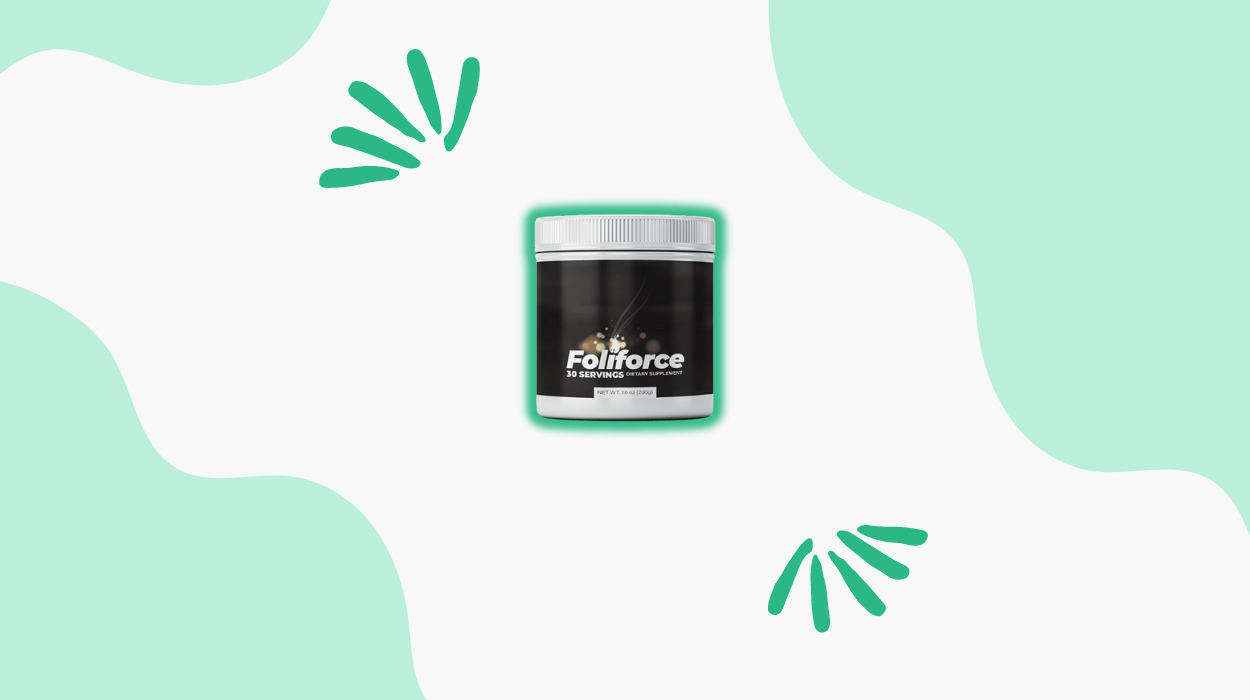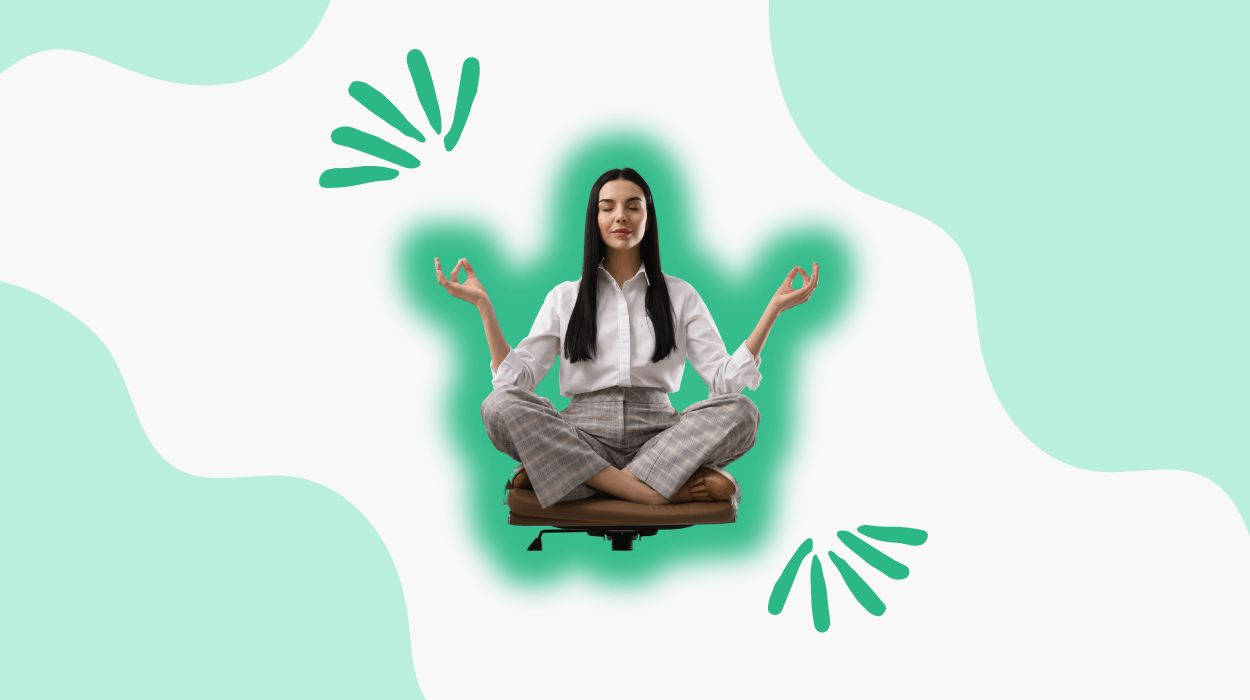

Anxiety is something many experience. It shows up as a mix of feelings triggered by everyday stress, like tension, nervousness, and worry, often from arguments or job interviews.
When anxiety hits, it can be tough to feel calm again. However, there are ways to help right away. Using these strategies in daily life could help you stay composed and resilient.
Learning and practicing specific methods can give you tools to handle anxiety, even when things get stressful. These techniques offer quick relief and help you feel better in chaotic times.
Realizing that anxiety is a natural response to feeling threatened is the first step in dealing with these intense feelings.

Listening to music is scientifically proven to effectively calm oneself down and reduce stress levels. Several studies have demonstrated its capacity for relaxation and stress relief.
Research published in the journal Psychoneuroendocrinology highlights music as a valuable tool for stress reduction in daily life, primarily when used intentionally for relaxation.
When feeling overwhelmed by anxiety, taking a moment to immerse yourself in calming music may provide immediate relief.
In situations like workplace anxiety, where stress levels may be heightened, listening to music may offer a convenient and accessible way to find solace.
Stepping away briefly to indulge in calming tunes may reset your mental state and help you return to tasks with a renewed sense of calmness and clarity.
Engaging in cognitive restructuring techniques could empower you to challenge and overcome unhelpful and irrational thoughts that contribute to feelings of anxiety.
When the mind fixates on detrimental thoughts, it fuels anxiety rather than promoting rational and healthy thinking patterns. It is essential to pause and navigate past these destructive thoughts before they escalate to reduce stress.
Take a moment to reflect on the potential impact of an unhealthy thought when encountering one. Question whether the idea is based on fact or opinion, rationality or irrationality, and consider alternative perspectives.
Initially, this technique may require practice. Keeping a journal to record triggering thoughts may help examine and address them.
Sharing your feelings with others could be a powerful experience, fostering understanding and support in times of emotional vulnerability. Opening up may lead to relief and connection, knowing you are not alone in your struggles.
Here are some ways sharing your feelings can benefit you:
Accepting anxiety as a normal part of the human experience may help you avoid a constant battle against your emotions, leading to a more peaceful coexistence with your feelings.
It may help understand its triggers, patterns, and intensity, allowing for better self-awareness and control.
| Benefits of Accepting Anxiety | Strategies to Embrace Anxiety |
|---|---|
| It helps in understanding triggers | Practice mindfulness techniques |
| Reduces fear of anxiety | Engage in regular physical exercise |
| Enhances self-awareness | Utilize grounding and coping techniques |
| Promotes emotional acceptance | Seek support from a therapist or counselor |
| Encourages healthy emotional expression | Prioritize self-care practices |
In moments of heightened anxiety, diverting your attention to a task that demands concentration may help ease the distress you could be feeling.
Here are some ways to distract yourself and find relief:
When anxiety feels overwhelming, burning it off through movement may provide immediate relief.
Here are some ways to burn off your anxiety:
These activities may help release pent-up tension and stress, allowing your mind to clear and your body to relax. Sometimes, physical movement could be a powerful tool in combating anxiety, as it redirects your focus away from worrisome thoughts and channels your energy into productive actions.
When anxiety strikes, one of the best immediate actions you can take is to focus on your breath. Deep breathing is a straightforward yet effective technique to calm anxiety symptoms.
Concentrating solely on your breathing can slow your heart rate and distance you from triggering thoughts. This focused attention may help calm the mind and body.
For those seeking a structured breathing exercise, the 4-7-8 breathing technique could be particularly beneficial:
The “File It” technique may be powerful for organizing overwhelming thoughts and feelings, especially during restless nights or intense stress.
To begin,
This exercise could encourage you to confront your triggers, evaluate them, and then intentionally set them aside with a plan to address them later.
You could regain control and direction by validating your emotions and strategizing a step-by-step approach to tackle each concern.
Alcohol may offer a brief relief, but it could have detrimental effects on your mental well-being in the long run.
Here are some reasons to avoid alcohol and coffee to maintain freedom from escalating anxiety:
The body’s natural response is shallow and rapid breathing during an anxiety episode. It is coupled with muscle tightness, leading to physical symptoms like increased heart rate, light-headedness, nausea, and sweating.
Various relaxation exercises could be employed to alleviate anxiety to combat these symptoms:
In times of overwhelming anxiety that persistently disrupts daily functioning, seeking help from a therapist could provide practical strategies to manage challenging emotions and find relief.
It’s important to recognize when anxiety becomes unmanageable and interferes with your well-being.
Here are some signs that indicate it’s time to seek immediate help:
In moments of heightened anxiety, it may seem daunting to envision a path toward a peaceful state of mind.
Listening to music and challenging your thoughts offer practical and effective ways to achieve immediate relief from anxiety symptoms. Trying distraction techniques and including physical movement may also help you better manage moments of heightened anxiety.
Methods like guided imagery, progressive muscle relaxation, or deep breathing could be effective in reducing anxiety levels. Opening up may also allow you to feel heard and validated.
Acknowledging the existence of anxiety and actively seeking methods to reduce its impact could push you toward greater emotional freedom and empowerment.
Remember to practice these methods regularly to build a strong foundation for managing anxiety in the long term. Seek help from a professional if needed to address underlying issues contributing to anxiety.
Tyler Read earned an undergraduate academic degree from Sonoma State University, California and is a certified personal trainer (CPT) with NASM (National Academy of Sports Medicine). With over 16 years of experience, Tyler has trained clients both online and in-person.
He is passionate about helping others turn their love for fitness into a career. Tyler has worked with many local and commercial gyms before establishing his successful private personal training business, which he continues to operate.
